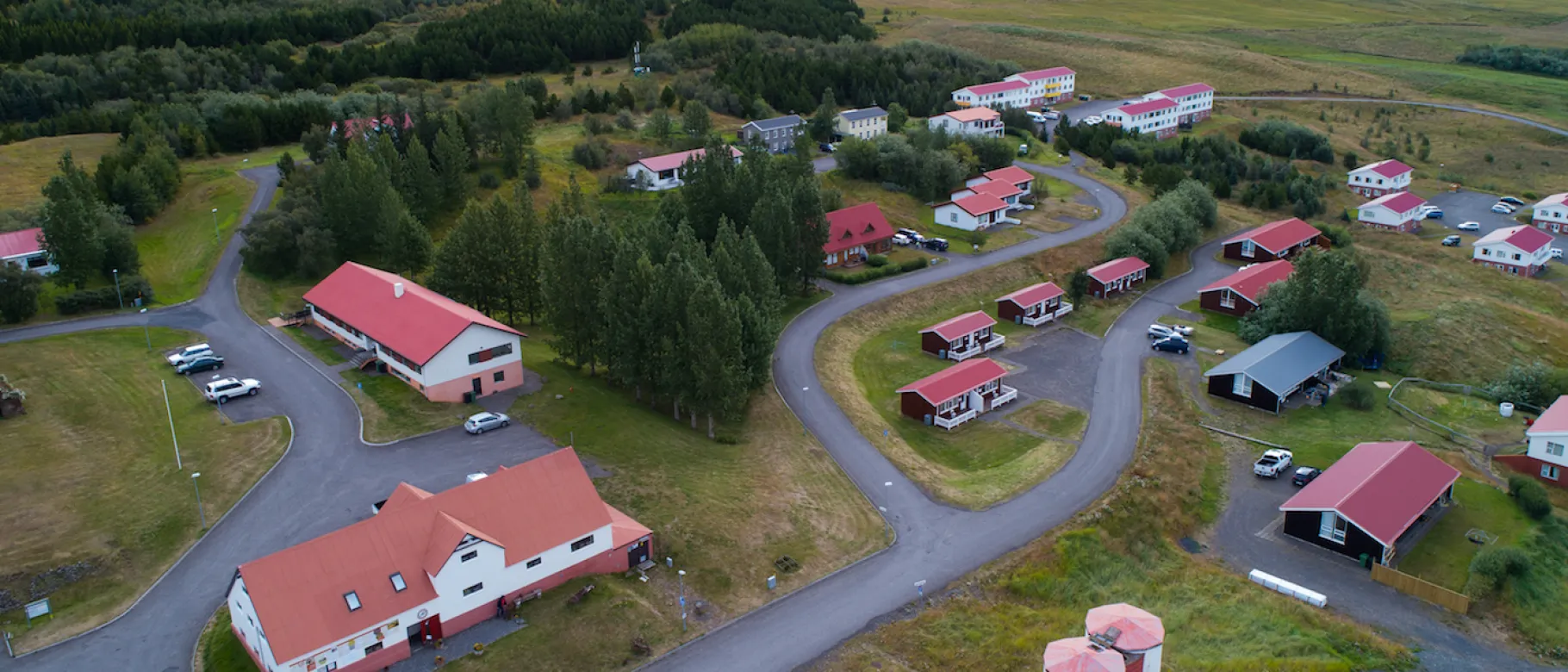UNE North to play key role in post pandemic recovery challenge event

UNE North: The Institute for North Atlantic Studies will team with the Maine North Atlantic Development Office (MENADO) for a 48-hour brainstorming competition to engage young people from across the North Atlantic region to develop solutions for a sustainable post-pandemic economic recovery.
The organizers will work closely with the Nordic Council of Ministers, the Nordic Atlantic Cooperation (NORA), and organizing partners in Scotland and Ontario to encourage rural sustainability internationally.
"The University of New England and UNE North are thrilled to work with MENADO and our North Atlantic partners to help create and support an event that promotes innovation for a healthier planet and that gives our students and alumni, as well as young people across Maine, the opportunity to demonstrate their creativity and collaborate with peers from the region," stated Holly Parker, Ph.D., director of UNE NORTH.
During the “Think Rural, Think Digital, Think Ahead!” virtual ‘hackathon’ event March 19 to March 21, international teams of four or five people with different backgrounds and skill sets will come together to rapidly design and test innovative ideas. Participants from a variety of backgrounds such as coding, design, marketing, healthcare, and tourism and hospitality are encouraged to sign-up.
Teams will identify digital solutions to deliver essential healthcare services or create a sustainable recovery plan for the tourism industry, with a focus on rural communities.
“Maine shares more than just ocean waters with our North Atlantic neighbors,” said Gov. Janet Mills, (D), Maine. “The challenges created by the coronavirus pandemic have global consequences, particularly for future generations. It is only fitting that young people are part of developing sustainable solutions to those challenges and creating a brighter future for us all. Maine is pleased to join our Scottish, Nordic, and Canadian partners in supporting this event.”
Cash prizes and business development opportunities will be awarded to successful teams under each of the two event themes: digital health in rural areas and recovery of rural tourism.
UNE will be hosting pre-hackathon and post-hackathon workshops. On March 17, participants will be introduced to the U.N. Sustainable Development Goal framework, a collection of 17 interlinked global goals designed to be a blueprint to achieve a better and more sustainable future for all. On March 25, participants will be offered practical recommendations for what to do with their hackathon ideas.
Regions participating in the event include Maine; Ontario, Canada; the Faroe Islands of Denmark; and the countries of Greenland, Iceland, Norway, and Scotland.